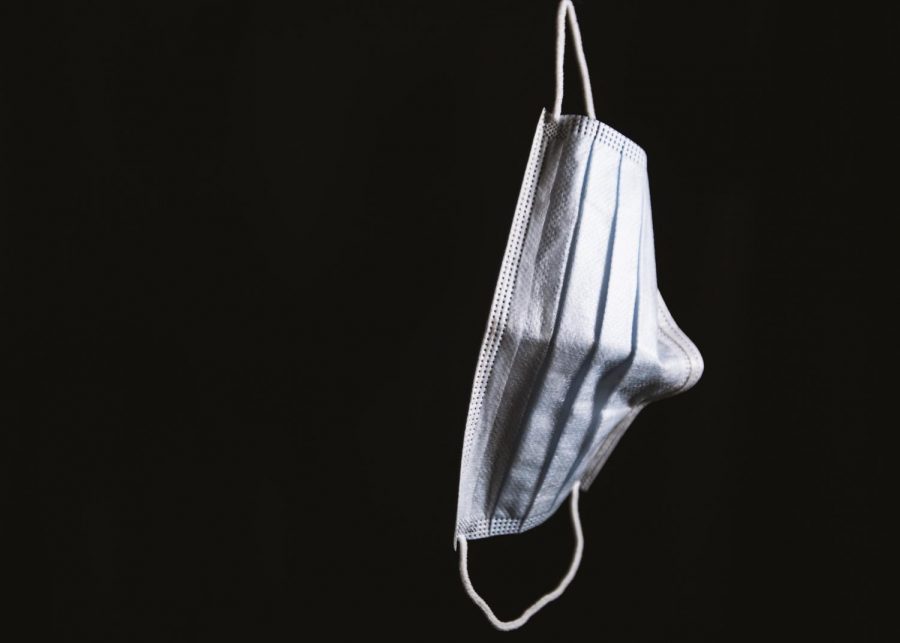The Fallout of COVID-19 Impacts Study Abroad
March 6, 2020
On Tuesday, March 3, University of Utah president Ruth V. Watkins sent out an email addressing the coronavirus (COVID-19) outbreak and official university travel restrictions to China, Iran, Italy, Japan and South Korea until the end of the 2020 spring semester.
According to the Utah Department of Health, no cases have been confirmed in the state. The university has suggested domestic travel be restricted. The states of California and Washington have declared a state of emergency.
As of March 6, according to a live map from John Hopkins Whiting School of Engineering, there are 241 cases confirmed in the United States. Fourteen deaths in the United States have been confirmed and eight people have recovered.
In an email, Daniel Watson, the marketing and technology coordinator for Learning Abroad programs, explained all outbound and upcoming Alternative Break, Learning Abroad and Go Learn programs and internships both in the United States and internationally have been canceled.
“We’re very busy helping students and parents understand how this may or may not impact their plans to learn abroad,” Watson said in an email.
As of right now, these cancellations only concern the spring programs. For international study programs scheduled in the summer, the Learning Abroad office urges students who’ve applied to continue with their plans, except for making any non-refundable travel arrangements, until further notice.
Promising to provide further updates as new information surfaces, Watkins, Daniel Reed, senior vice president for academic affairs and Michael Good, senior vice president for health sciences, thanked faculty, staff members and students for their understanding and cooperation.
But for many students in the entrepreneurship study abroad program through the business college, the broad statement was not received well. After spending weeks researching different theories and approaches to help build economic development for small business owners in Ghana, the news was upsetting.
Andrea Seager, a double major in business administration and political science, said they had been monitoring the outbreak. Seager explained they had been told the trip would be canceled only if Ghana was upgraded to either a level three or four country.
“I felt blindsighted, I guess is the best way to put it … all of a sudden [the travel restriction] expanded far beyond what they had ever told us to expect,” Seeger said.
Brooke D’Sousa, a senior studying entrepreneurship, was at the mall shopping for some last minute items for her trip to Ghana when she received the email from Watkins notifying students of the cancellation. She expressed her deep frustration with the U.
Many students in the class said that although they are going to be compensated for their vaccinations and visa costs, they are not compensated for the loss of experiences.
D’Sousa, who will turn 40 before graduating this May, is not only a student but a mother who might not have another opportunity like this.
“The disappointment is so deep that it’s really hard to even qualify with words,” D’Sousa said. “I wish that there was a deeper level of sensitivity in the communication and in the loss of the experience to the students that will never be replaced.”
Editor’s note: Signs and symptoms of COVID-19 include fever, dry cough, tiredness, and shortness of breath. These symptoms are believed to occur between 2 and 14 days after a person is exposed to the disease. If you have these symptoms and have recently come into contact with a person who is known to have COVID-19, or if you have recently traveled to an area with community spread of the disease, you should call your doctor. Areas with community spread of COVID-19 are believed to include China, South Korea, Italy, Iran, and Seattle. If you do not have a doctor who you visit regularly, please call the Utah Coronavirus Information Line at 1-800-456-7707 or the University of Utah Health hotline at 801-587-0712. Do not go to a healthcare facility without first making arrangements to do so.








